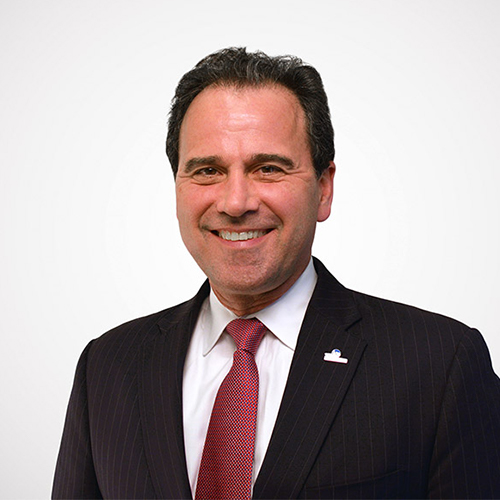The complex federal tax code remains a major source of frustration and controversy for Americans—and a hindrance to economic growth and opportunity. Over one hundred years of tinkering and well-intentioned efforts to fix social and economic problems have produced a bewildering array of penalties and subsidies. A fundamental rethink of the tax code is in order.
Other countries have proven that sufficient tax revenue can be collected in a less frustrating and more efficient way. A particularly compelling example is the tax system found in Estonia, where taxes are so simple they are typically filed online in about five minutes. Estonia also tops our annual ranking of the most competitive tax systems, in part because it avoids double-taxing corporate income at both the entity and shareholder levels.
Our panel of experts will discuss the Estonian tax system, its effects, and what it could mean if implemented in the U.S. Scott Hodge will provide introductory remarks on the Growth and Opportunity Agenda and the need for tax reform. Then, Will McBride will be joined by Helen Pahapill, Tax Policy Advisor at the Estonian Ministry of Finance, to discuss the benefits of the Estonian tax system and her firsthand experience administering it. In addition, Erica York and Garrett Watson will discuss Tax Foundation’s new modeling of these reforms in the U.S. to see how they would affect the economy, federal budget, and distribution of the tax burden.
Tune in on Friday, February 17th at noon ET to learn how the Growth and Opportunity Agenda could reshape America’s federal tax code for the better.
Please register below if you plan to attend.




